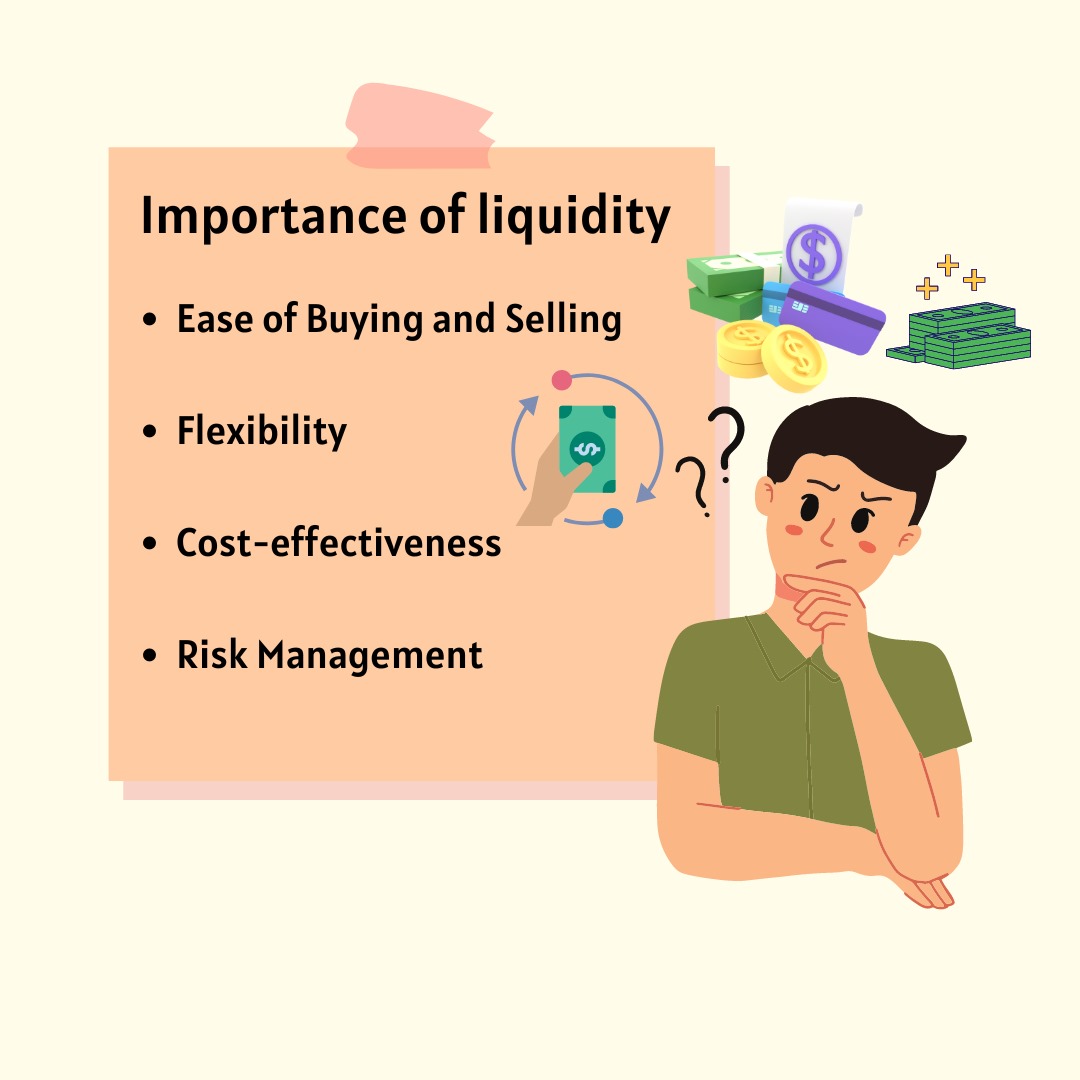Credit Risk Management Courses: Your Top 5 Picks!

Do you want to make smart decisions about lending money? Do you want to make yourself better aware of the risks that are involved when giving out loans? For these and more, you should consider getting a credit risk management course.
But, what is a credit risk management course all about? A credit risk management course is all about how to assess and manage the risk of lending money. It covers strategies for evaluating the creditworthiness of borrowers, identifying potential risks, and implementing measures to minimise the likelihood of financial losses.
Here, we’re going to show you the 5 best credit risk management courses available.
Let’s get right into it!
1. Risk Management Professional Certificate by NYIF
The NYIF Risk Management Professional Certificate is a five-day program designed for professionals and learners, providing an intensive learning experience. Covering a broad spectrum of risk management topics with a focus on core concepts and quantitative techniques, the course emphasizes real-world applications.
It equips participants with practical insights to identify and manage risks in professional settings, catering to a diverse audience without specific prerequisites. Priced at $4,399, the certificate offers an affordable option for enhancing risk management skills, and for those seeking advanced techniques, the Advanced Risk Management Professional Certificate is available at $5,995.
The Udemy course “Credit Risk Modeling in Python” is a comprehensive data science program aimed at individuals interested in pursuing a career in data science or specializing in credit risk modeling. Taught by a proven expert with a PhD from the Norwegian Business School, the course covers theory, data pre-processing, and guides participants through building a complete credit risk model using Python.
What sets this course apart is its focus on real-world applications, including compliance with Basel II and Basel III regulations. The hands-on approach allows learners to enhance their Python modeling skills, differentiate their data science portfolio, and gain practical knowledge in credit risk modeling. The course is suitable for beginners and provides valuable resources such as lectures, notebook files, homework, quizzes, and slides. With a 4.6 out of 5 rating and positive reviews, it stands as a valuable opportunity for those seeking to improve their data science skills.
The Certificate in Commercial Credit (CICC) by Moody’s Analytics is a credential that signifies proficiency in credit risk identification, assessment, and management. Participants attain certification by completing eLearning courses on Foundations of Banking and Credit, Commercial Lending, and Problem Loans, followed by a proctored final exam.
This certification ensures individuals possess the technical skills needed to excel in today’s lending environment. The program covers global standards in commercial credit assessment, teaches risk management strategies, and emphasizes the ability to analyze borrowers, structure financing solutions, and balance risk with profitability.
Aimed at professionals such as commercial and corporate lenders, underwriters, analysts, and relationship managers, the CICC emphasizes adherence to professional standards that inspire trust and confidence. Translated versions of the certificate are available, and the certification pathway encourages mastery of essential skills in the field.
The Commercial Banking & Credit Analyst (CBCA®) Certification Program by Corporate Finance Institute (CFI) is designed to enhance the skills of individuals in commercial lending and banking. With a high rating and over 23,000 reviews, this program covers a range of topics, including financial analysis, credit structure, documentation, business analysis, and credit risk.
Suitable for roles in commercial lending, credit analysis, risk management, credit auditing, real estate lending, and more, the program includes 59 courses with 2710+ lessons, interactive exercises, and a blockchain-verified certificate. Led by industry experts, it offers a comprehensive curriculum supporting roles like commercial banker, credit analyst, and risk manager.
Participants can access optional prep courses, core courses, and elective courses, with a final exam to earn the CBCA® certification. Students commend the program for its depth and relevance in credit analysis and commercial banking.
- Credit Risk Management and Analysis (LinkedIn Learning)
Credit Risk Management and Analysis, as explored on LinkedIn Learning, involves assessing and mitigating the potential financial risks associated with lending money or extending credit. This learning module provides insights into the tools and techniques used to evaluate the creditworthiness of individuals or businesses, helping professionals make informed decisions about granting loans or credit.
By understanding how to analyze credit risk, learners gain valuable skills to navigate the complex landscape of lending, making sound judgments to protect financial institutions from potential losses.
With this, you now have 5 best options for credit risk management courses at your disposal. On the basis of the information of each of them, make a sound decision for yourself. Make sure the course you choose aligns with your personal values. It will make your financial planning easy. And for more financial Knowledge nuggets, follow NewsCanvass.







